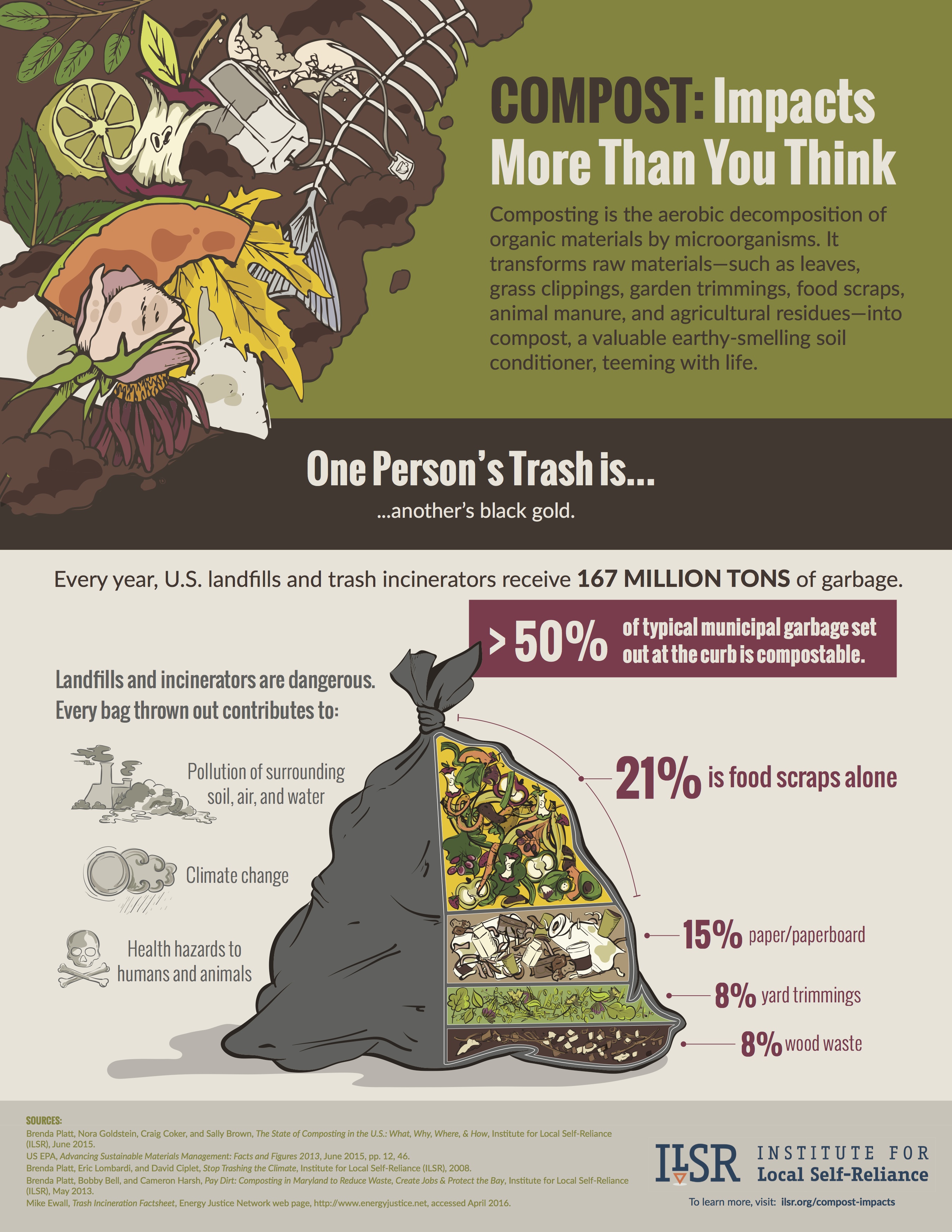The Mining Journal reports that Michigan Governor Rick Snyder has proposed an increase in landfill tipping fees as a way to spur more recycling in the state. Michigan has one of the lowest recycling rates in the US at 14%. The bill is now pending in the state legislature’s House Environmental Committee.
Read more in, “Paying more for landfill might help recycling,” published in The Mining Journal on March 19th, 2018.
The proposal increases the cost of putting waste into landfills and would produce an estimated $79 million annually for environmental initiatives. Increased spending on recycling is warranted, stated Michigan Department of Environmental Quality recycling specialist Emily Freeman. In 2015, “we had $635,000 in recycling grant funding available, and received $3.9 million in grant requests.”
Landfill surcharges have been an important feature of recycling investment programs at the state (Penn.), local (Boulder County, Colo. and Alameda County, Calif.) and at the municipal level (Champaign/Urbana, Ill.). The money that’s been raised was used to build out infrastructure for recycling, composting, and reuse (in the private, public and community sectors). Twenty years ago, a program was implemented via a citizen referendum that also prevented a planned garbage incinerator. StopWaste is a county government agency in Oakland, Calif. that has been working on these issues for years. You can learn more at http://www.stopwaste.org/.
We’ll be monitoring the situation in Michigan closely, but we applaud Gov. Snyder’s initiative to increase the rate of recycling in his state.
Follow the Institute for Local Self-Reliance on Twitter and Facebook and, for monthly updates on our work, sign-up for our ILSR general newsletter.





